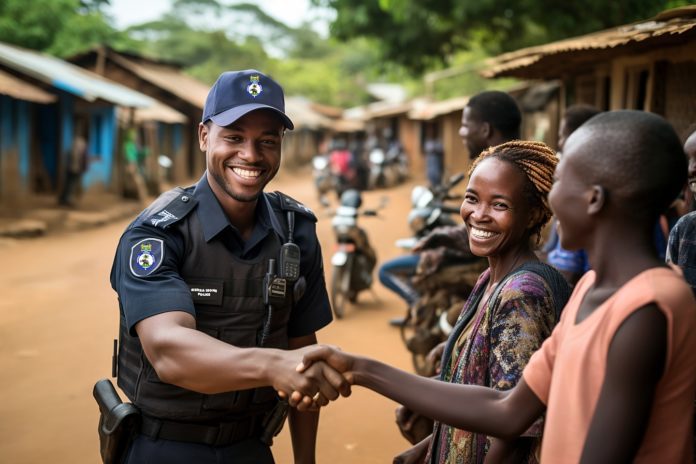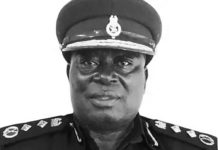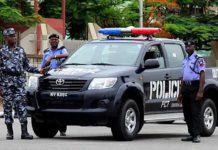
Let us pause and reflect—Civic Education and the Police
By Jaime Yaya Barry
One of my brothers had always wanted to be part of the Sierra Leone Police Force. He believed serving his country as a police officer was one of the highest levels of patriotism. Even as a child, he joined Boy Scouts and was already attributing certain police behaviors.
But there was one problem: my parents never supported his dream. It wasn’t because they hated the police. They felt most people joining the police force are either dropouts from school or want to get “rich” quickly by extorting money from poor citizens through various means of corruption. It is normal to hear people say things like, “Police, dem get sweh na dat make dem nor dae end well.”
My brother served in another patriotic capacity by becoming a teacher and later lectured at university. I have other friends who wanted to serve in the Sierra Leone police force but did something else.
The behavior of few police officers has, over the years, sown seeds of distrust between citizens and the police. The attitude of most officers towards their fellow citizens continues to make the force less attractive, and serving in the SLP is currently amongst the country’s least respected civic duties.
There are also instances where some communities prefer sending the most troublesome or wayward people from families to serve in the police because they believe that’s where these persons belong or might reduce their waywardness after rigorous police training. But these people become worse over time because they are now (bad guys) with guns.
The police force must maintain its beauty and respect because it deals with our country’s everyday security issues and directly deals with citizens. When it loses its beauty and, to a larger extent, its respect, we have a problem.
When we put most professional officers in police offices to deal with paperwork and send the unprofessional ones to mind our streets and interact with citizens with guns, citizens are only at the mercy of the Almighty.
If we turn our police training schools into grounds for police recruits to sing and pretend to march like kids in nursery school, it shouldn’t surprise us to see officers dancing with guns at parties and neglecting their firearms while on duty. Our recruitment process has been more about whom you know than what you know or can do.
We have ignored important things like physical fitness, rules of engagement, building better relationships between the police and citizens, and the role of community policing.
It is very disheartening to walk into a police office and find how brilliant and professional some of our officers are. Then, once you return to the streets, you meet the complete opposite amongst many. I have so much respect for the current police leadership. Unlike the ousted IG Sovula, who represented the terrible image of what most Sierra Leoneans see as the problem of the SLP, IG William Fayia Sallu and some of his regional heads are setting better examples from the top. We must translate these examples to the bottom and amongst the communities they serve.
It is time the Ministry of Civic Education begins to work with the leadership of the Sierra Leone Police to build a new and better relationship between citizens and the police force. And to strengthen this relationship, if it ever happens, the SLP needs to undergo VERY SERIOUS reforms. It needs to revamp the current system, install discipline, and collaborate with other police institutions from other countries doing better policing than us.
This is not just for the police. The same applies to other security sectors.



